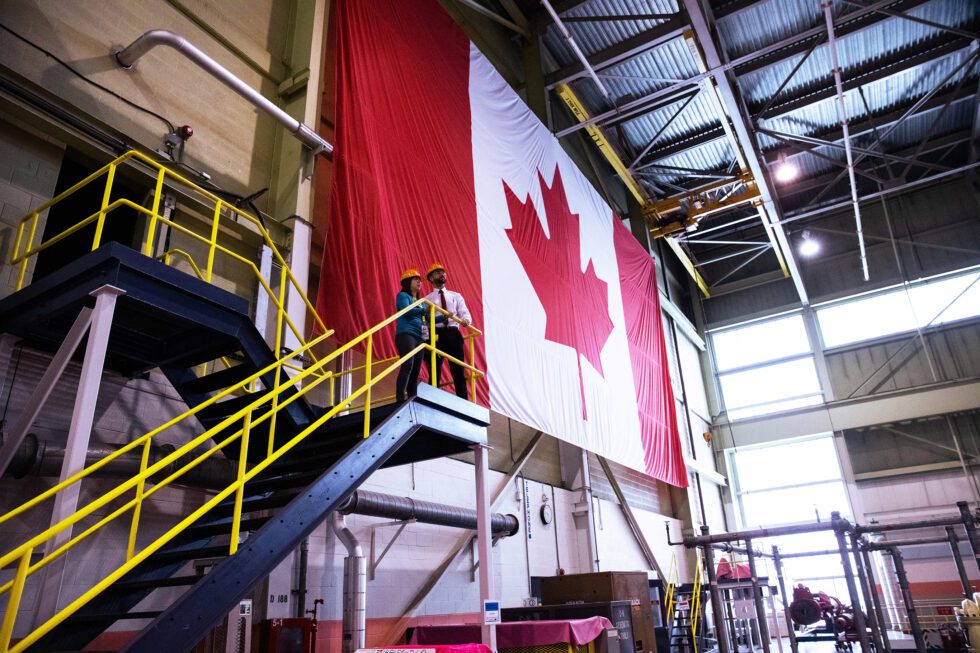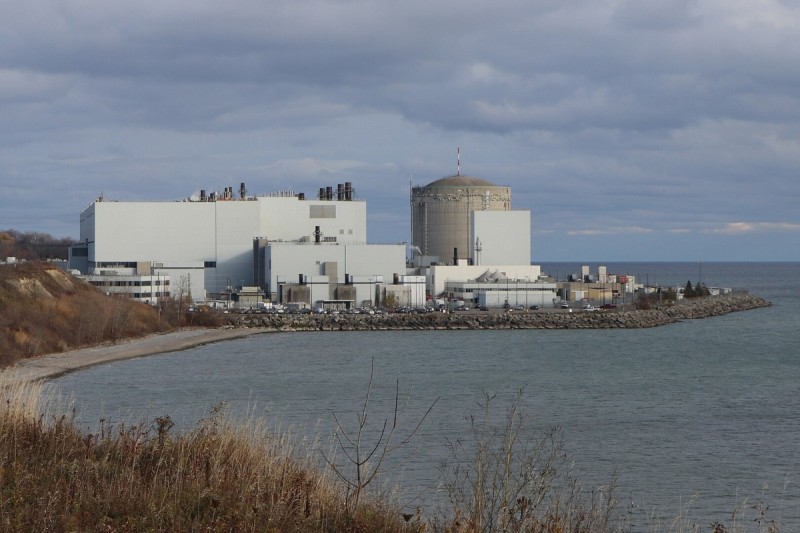Barack Obama’s new climate change plan could significantly shift the landscape for Canadian economic and climate policy. It should really invite reflection on the Canadian side of the border about the direction in which we should be heading as a country.
Lots of questions remain about the details and implementation of the U.S. plan. What will the Environmental Protection Agency’s power plant regulations look like? Will the White House be able to bypass Congress and coordinate with cities and states? What are the implications for Obama’s eventual decision on the Keystone XL pipeline?
For Canada, I think there are two principal take-aways. Yes, Obama’s statements on Keystone XL were important, but broader issues related to global expectations and economic strategy figure more prominently.
First, Obama’s speech could shift expectations back towards a low-carbon future. Our expectations about future technologies, regulations, and social visions are very important. Expectations can become self-fulfilling prophecies and create real impacts on where financiers invest capital, entrepreneurs focus their efforts, and scientists target their research. Obama clearly said Americans should focus their efforts on making the low-carbon economy “an engine of growth for decades to come”.
Statements like this can shift momentum. For the past number of years the expectation has been that the world will burn enough fossil fuels to break critical climate thresholds. This is producing over-investment in sectors like the tar sands and producing a “carbon bubble”. Statements like Obama’s could burst this bubble and redirect global economic expectations.
Historically, Canada has not adequately prepared itself for major global economic shifts, especially since the country’s economic policies are overly dependent on natural resources. And with Obama’s statement that Keystone XL will not be approved if it creates a net increase in greenhouse gas (GHG) emissions, the terrain has shifted from under the federal government’s preoccupation with a tar sands-based industrial policy. With Obama’s statement that the “net effect on our climate will be absolutely critical to determining whether this project will be allowed to go forward”, the debate about the approval of Keystone in the coming months will be all about carbon.
The Conservative government has tried to shift attention away from climate change. And since the recession it has been easier for the Conservatives to dismiss anyone who brings up climate change as a radical, or an enemy of Canada. They surely would have preferred that the world ignored climate change, but Harper can’t control global economic affairs in the same way he tries to control his caucus.
The second theme to come out of Obama’s climate plan is that he is preparing to use a number of policy tools that have traditionally helped spur innovation in the American economy. This includes more stringent regulations. Harvard University professor Michael Porter’s analysis has shown that environmental regulations have actually helped reduce waste and spur innovation in the past. In this vein, the commitment to clean technology investments by the Department of Defense is interesting. It is the single largest consumer of energy in the U.S., and American innovation success stories like Silicon Valley would not have developed if the space and defense industries were not key anchor consumers. Finally, the plan foresees the launch of federal strategic planning: conducting a four-year review with the help of the Office of Science and Technology Policy to identify infrastructure needs, threat, risks, and opportunities.
So what about Canada? The Conservatives’ tar sands-based industrial policy is extremely vulnerable to the low-carbon global expectations Obama has promoted with vigour, and the deficiency of a Canadian strategy that would lend momentum to Canadian-specific, low-carbon economic opportunities is striking. This makes Canada vulnerable to not only climatic storms, but to economic ones as well.
In the face of these challenges the Minister of Natural Resources reacted by repeating the untruth that Keystone XL will not increase GHG emissions. Our federal government has stuck its head back in the tar sands. But as Obama stated, “sticking your head in the sand might make you feel safer, but it’s not going to protect you from the coming storm.” Only a Canadian shift to a clean energy economy will do that.





